Specialised Services at Our Hospital
Advanced Facilities
- A-Scan (IOLMaster 700)
- Advanced Field Analyzers (HFA)
- ORB Scan or Pentacam
- Yag Laser Iridotomy
- Yag Capsulotomy
- HD OCT
Advanced Procedures
- C3R (Corneal Collagen Crosslinking with Riboflavin)
- Penetrating Keratoplasty
- Cosmetic Ophthalmology
- Oculoplasty
- Laser DCR
- Ptosis
- Botox Injections
- Cosmetic Eye Surgeries
- Eyelid Repairs
- Customised Prosthesis
- Orbitotomy
Opticals : Our in-house optical unit features a diverse selection of eyewear, classic Ben Franklin glasses, alongside modern frames and designer brands. Our optical store offers cutting-edge lens technology, such as blue light filtering and anti-glare coatings, to enhance visual comfort and protect eye health.
Health Blogs for Ophthalmology
FAQ’s
What are the most recent advancements in laser eye surgery?
Recent advancements in laser eye surgery include ReLEx SMILE, a minimally invasive procedure for nearsightedness and astigmatism with shorter recovery times. SmartSight, based on SMILE technology, is ideal for athletes and those in contact sports. The Teneo Excimer Laser Platform, approved in early 2024, offers faster, more compact LASIK procedures with advanced eye-tracking software. Wavefront technology enables detailed mapping of the eye’s imperfections, while modern eye-tracking mechanisms adjust laser precision during surgery for better outcomes.
What is the role of femtosecond lasers in cataract surgery?
Femtosecond lasers in cataract surgery offer precise, computer-guided functions such as creating corneal incisions, performing capsulotomies, fragmenting the lens for easier removal, and correcting astigmatism. This technology enhances accuracy and safety compared to traditional methods, leading to improved clinical outcomes in laser-assisted cataract surgeries (FLACS).
How has robotic-assisted surgery improved precision in eye surgeries?
Robotic-assisted eye surgery enhances precision through improved accuracy, tremor reduction, and greater dexterity, benefiting both experienced and novice surgeons. These systems, like the da Vinci and ZEUS, provide real-time feedback and reduce trauma to surrounding tissues, improving patient outcomes by lowering pain, infection risk, and blood loss during recovery. With displacement accuracy up to 10 µm, these master-slave robotic systems, fully controlled by surgeons, offer advanced capabilities in procedures like cataract surgery.
What are the benefits of premium intraocular lenses (IOLs) in cataract surgery?
Premium intraocular lenses (IOLs) offer significant advantages over standard IOLs, including improved visual acuity, better night vision, and reduced need for glasses at various distances. They can also correct nearsightedness, farsightedness, and astigmatism. Customizable options like Light Adjustable Lenses (LALs) provide tailored vision correction after surgery, offering a more comprehensive solution than standard IOLs, which only address vision at one distance.
What are the latest advancements in retinal surgery technologies?
Recent advancements in retinal surgery include minimally invasive vitrectomy for repairing the retina, advanced imaging with optical coherence tomography (OCT), and laser photocoagulation to treat retinal detachment and diabetic retinopathy. Techniques like the inverted ILM flap, arcuate retinotomy, and curved illuminated laser probes have improved outcomes in complex cases such as macular holes. Emerging innovations like gene therapy and treatments like pegcetacoplan show promise in slowing geographic atrophy in advanced dry AMD.





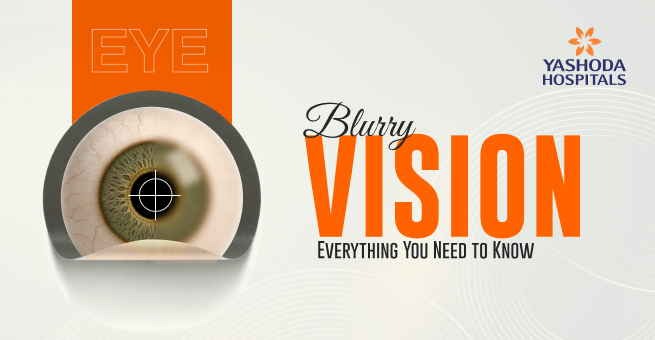
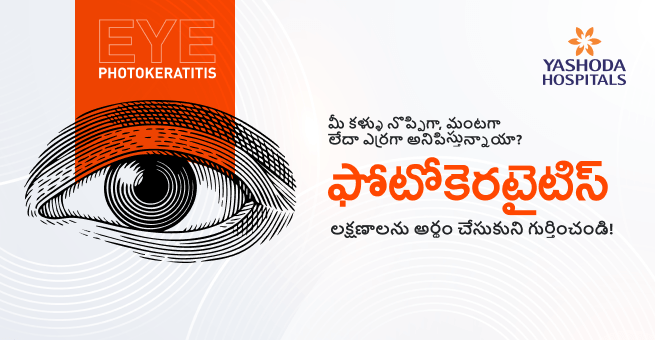
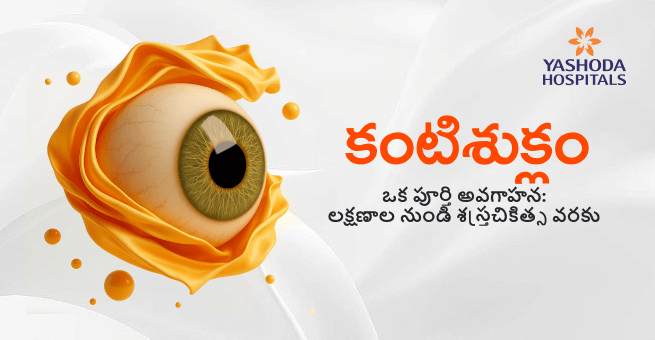
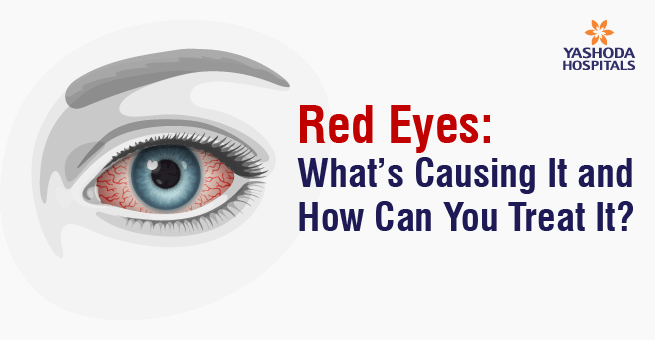

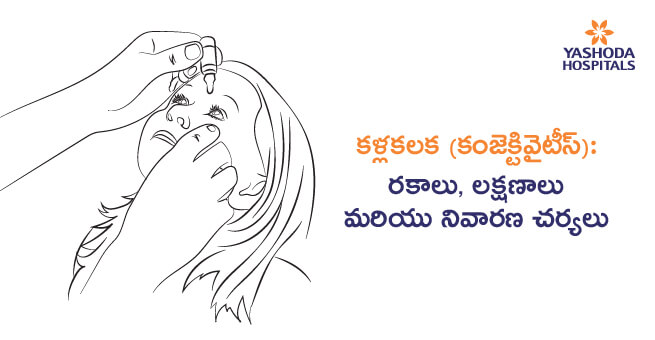
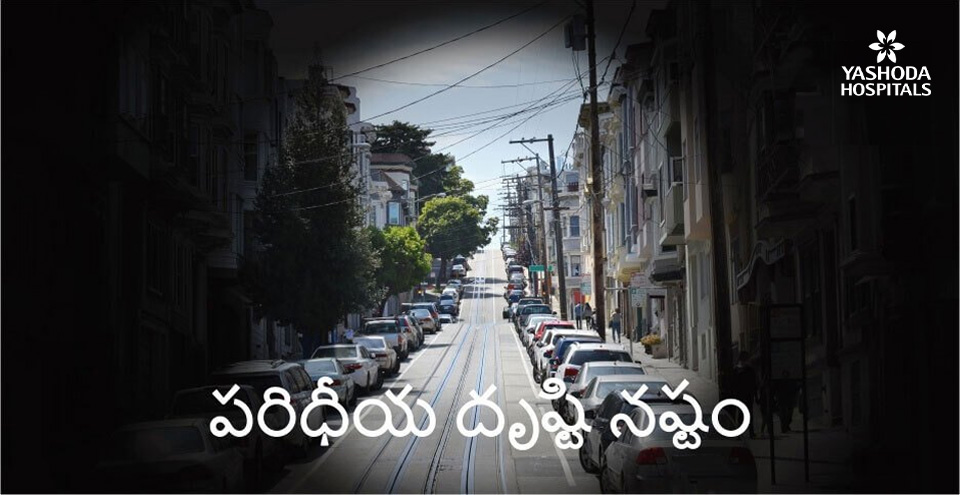

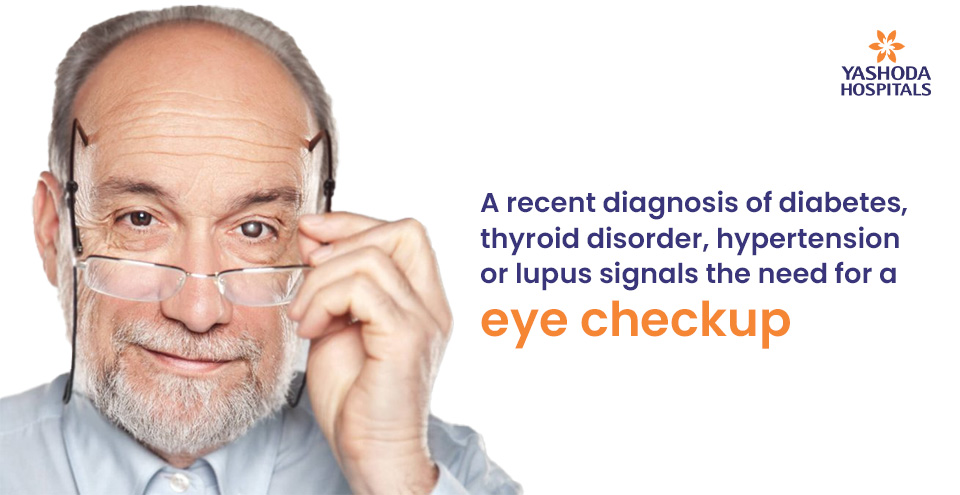
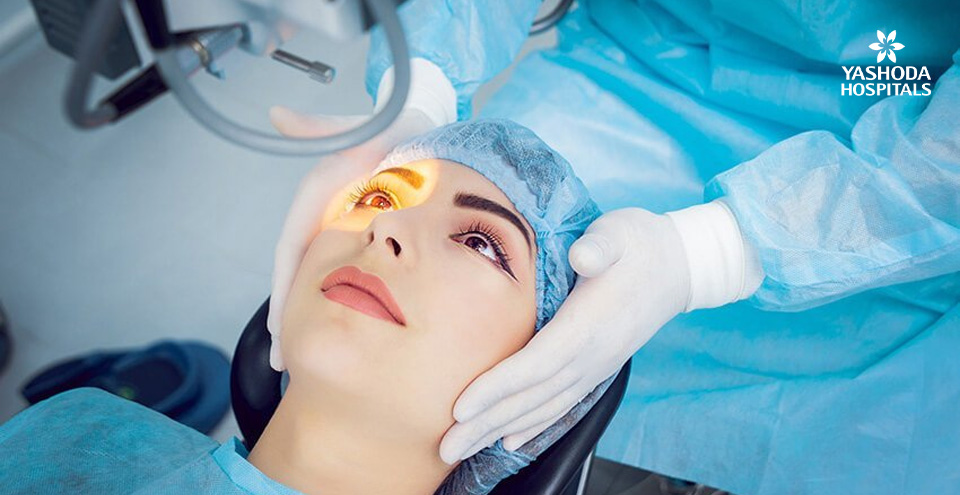
 Appointment
Appointment WhatsApp
WhatsApp Call
Call More
More